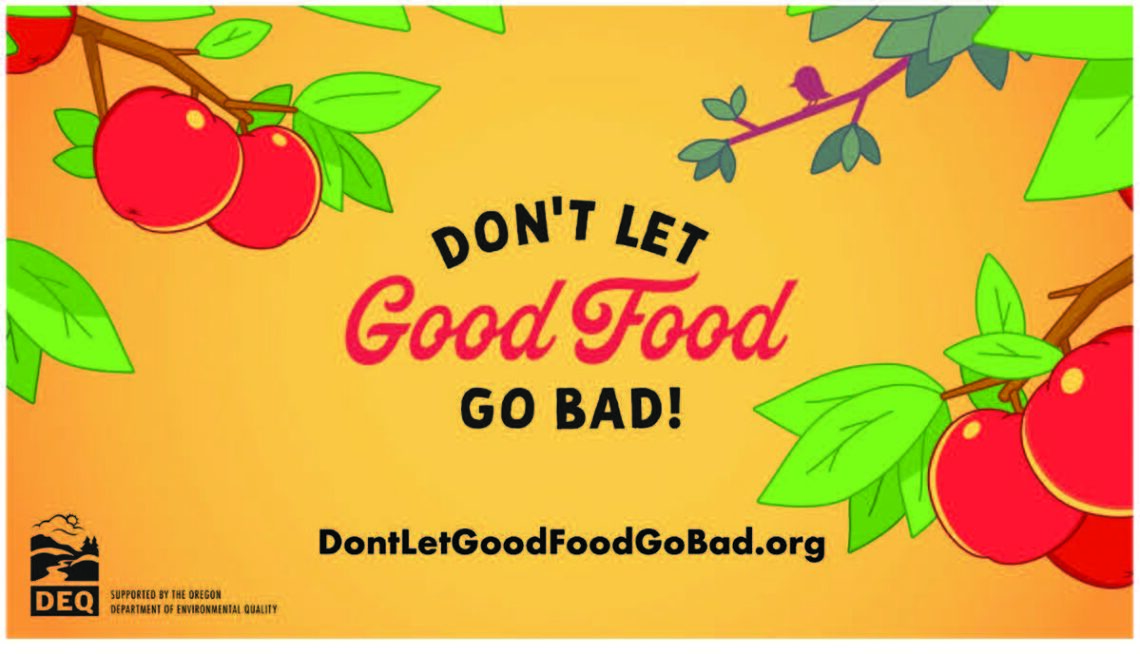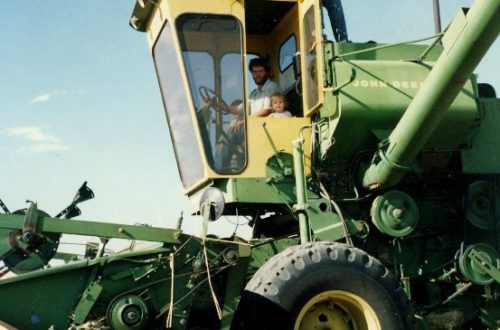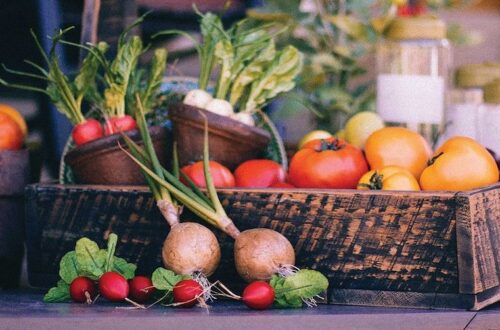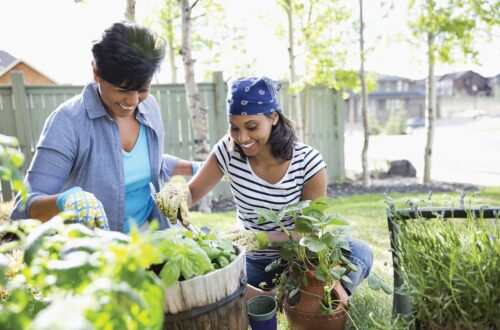LOCAL EFFORTS TO STOP FOOD WASTE PROVIDES A MODEL ON GLOBAL STAGE
A panel of West Coast leaders shared programs that yield results in dealing with food waste at U.N. Climate Change Conference in Glasgow
Headlines from the 2021 United Nations climate change conference can be discouraging. Time is running out, and the leaders of the world are unwilling -or able to give even a little. Climate scientists, legal experts, and politicians argue the final deal out of Glasgow resulted in incremental progress inadequate to address the climate crisis.
Many people don’t realize that these summits do more than bring top leaders together to strike international deals. In the background, the world’s scientist, nonprofits, corporations, states, and cities and provinces pull up their collective sleeves to share, learn and build on one another’s successes.
The work that happens there is cutting edge, science-based, and should provide some hope that meaningful change is still underway.
Oregonians should be proud that our little corner of the globe was there pressing the importance of an area as impactful as wind turbines and proven to be doable: stopping the wasting of edible food.
Governor Brown joined a panel hosted by the Pacific Coast Collaborative (CCC) called “Partnerships to reduce waste food on the North American Pacific Coast.”
It turns out reducing food waste is critical to reversing global warming, according to Project Drawdown, a leading resource for information about climate solutions. Drawdown’s team of researchers ranked solutions to global warming; to their surprise, they discovered that cutting down on food waste is perhaps the single most important action we can promote.
Governor Brown shared that Oregon and many of its cities and counties have known for some time that food that is grown and never eaten unnecessarily consumes an enormous amount of our natural resources. According to Oregon’s own Consumption-Based Emissions Inventory, food is the second-largest source of greenhouse gas emissions caused by people in Oregon after transportation. She also shared that we have made effective policies and programs to address the problem.
The “consortium”, that hosted the panel, is the Pacific Coast Collaborative (PCC). The PCC brings together state and local governments to build a low-carbon economy. Founding members are Portland, Seattle, San Francisco, Oakland, Los Angeles, Vancouver, BC, and the state of Oregon, Washington, California, and British Columbia.
In 2020, the PCC launched the Pacific Coast Food Waste Commitment to help the food industry create a less wasteful and more sustainable food system – from farm to final sale. World Wildlife Fund, ReFED, WRAP, and Cascadia Policy Solutions provide expertise, additional philanthropic funding, and capacity for implementation.
The Food Waste Commitment aims to reduce wasted food on the West Coast by 50% by 2030. It brings together local and state governments and private industry, including more than 1,700 grocery stores across Washington, Oregon, and California. They’re identifying where food falls off the path from farm to plate and into the landfill or compost pile, finding ways to collaborate and make changes happen.
As part of these efforts, Oregon DEQ launched a new Bad Apple campaign which we will see more in the coming months. Master Recyclers will recognize the Eat Smart, Waste Less campaign, which is the direct result of these efforts. We use this campaign to share food storage tips, meal-planning ideas, and recipes for leftovers -all proven strategies for reducing food waste at home. By offering presentations, making videos for YouTube, and staffing information tables on this topic, Master Recyclers have joined this local effort that is driving global change!
For more info on the Master Recycler Program: www.masterrecycler.org

Lauren Norris is the Manager for the award-winning Master Recycler Program. Master Recyclers are a volunteer corps of over 1600 volunteers who serve the Portland metropolitan area to inspire neighbors and coworkers into action. Master Recyclers share what they learn on the topics of sustainable consumption, equity and inclusion, materials management, toxics, recycling, and composting.






